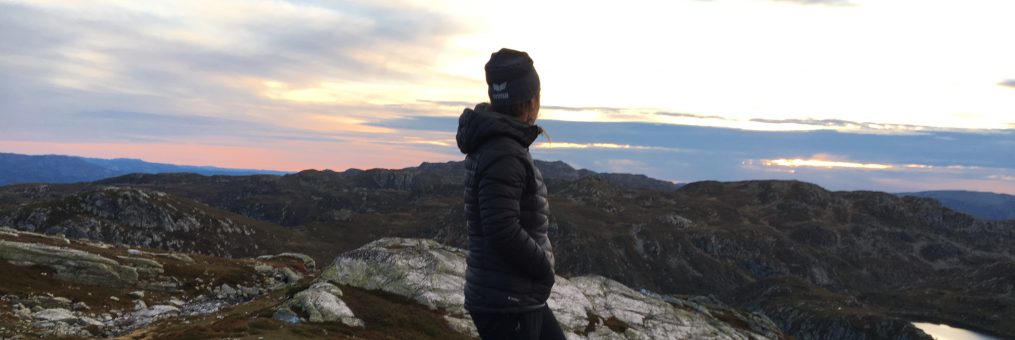A while ago I read a blog post of Alastair Creelman called the “The fear factor“. The team of this blog hit me so hard and gave me words for what I feel every day in my personal and professional life. In this post Creelman highlights our fear of a world that is changing at a breathtaking pace. Some of these changes are several global megatrends: globalisation, digitalisation, environmental change, aging population and urbanisation. He refers to another blogpost of Cecilia Bjursell called the 6th megatrend. The post states that the technology brings so many opportunities to create a more open, tolerant and educated world. And that world may be possible to achieve but first we need to work on reducing the fear factor which is the 6th megatrend…..

A personal confession
I recognise this fear primarily in my professional life. And this feeling of fear has grown stronger the more aware I am of all the opportunities tech can give. I feel like running after a train in highspeed, don’t know where’s is heading, just now I NEED to be on that train….
During experiences I have gain a much more realistic approach to tech than for 6 years ago when I started out as an enthusiastic tech-optimist. Even though I have an explorative mindset, I can be overwhelmed of living in a society where information grows at exponential rates, tools change constantly, new apps are created almost daily, and software is in an ever-improving mode (Kuhn, 2017). I also feel a slight anxiety towards the openness and intangible nature of the Internet. Therefor I see myself more as a Visitor than a resident in terms of White, D. S., & Le Cornu, A. (2011).
In my personal life I must confess that I am addicted to digital technology (Ng, et al. 2010). I started this morning to check Instagram, then Facebook, moved over to YouTube, Twitter, looked at some new notification on LinkedIn, Messenger, checked my online- , work- and g mail account. Watched a couple of TEDTalks, made a “note to self” in Wunderlist of new apps, articles and more TEDTalks. Swipped into Pinterest, some blogs about hiking, newspapers, and booking.com for hotels…..and so on, and so on. This gives me instant pleasure and have become a integrated part of my daily life. This makes me a Residents in terms of White, D. S., & Le Cornu, A. (2011).
Photo by Andre Benz on Unsplash
In relations to my experience of ONL so far, I hope it can give me more than just a feeling of fear and confusion. From my point of view and with some doubts, ONL learning style entails the learner to take the initiative and also full responsibility for finding out about all the tasks and all the managing tools. It feels like embracing the fog while I banging my head in the keyboard. Moreover, I hope that ONL can encourage me to remix stuff and give me a interest to develop my own intrinsic motivation to develop my digital literacy which is a lifelong project that all of us need to be involved in (Belshaw, 2012).
Article:
White, D. & Le Cornu, A. (2011) Visitors and residents: A new typology for online engagement. First Monday, 16(9).
Ng, E.S.W., Schweitzer, L & Lyons, S.T (2010) New Generation, Great Expectations: A Field Study of the Millennial Generation. Springer Science, 25:281–292.
Kuhn (2017) Are Students Ready to (re)-Design their Personal Learning Environment? The Case of the E-Dynamic.Space. Journal of new approaches in educational researchers, Vol 6, No1.
Video:
Doug Belshaw: The essential elements of digital literacies.
